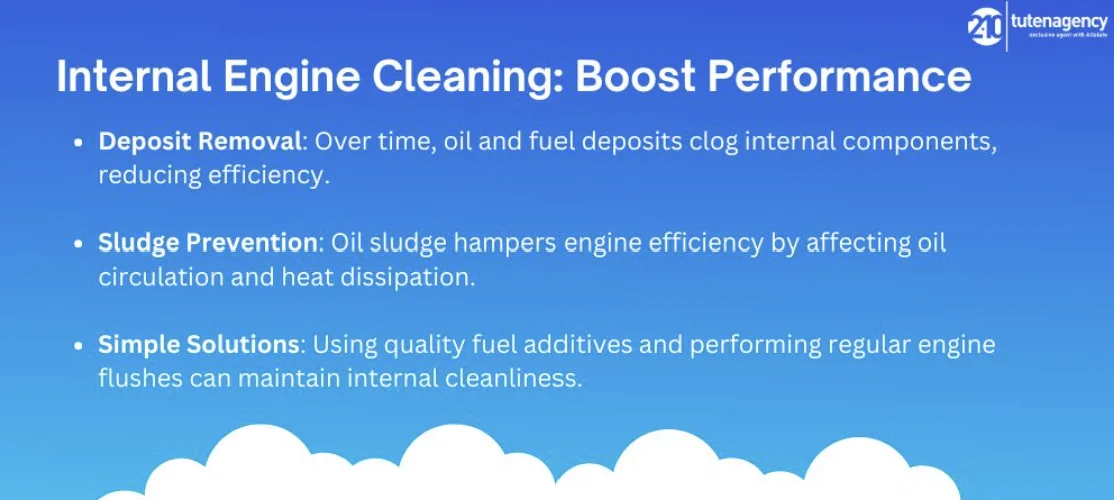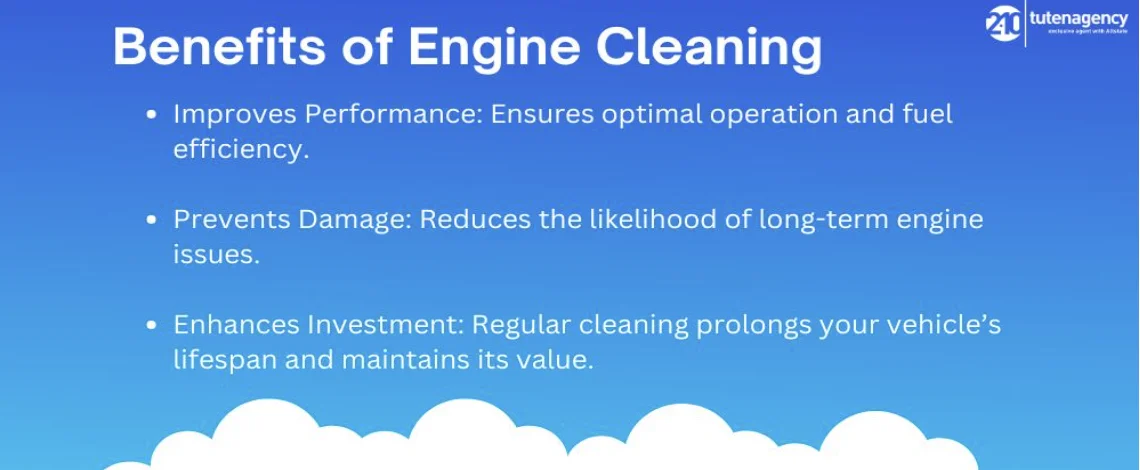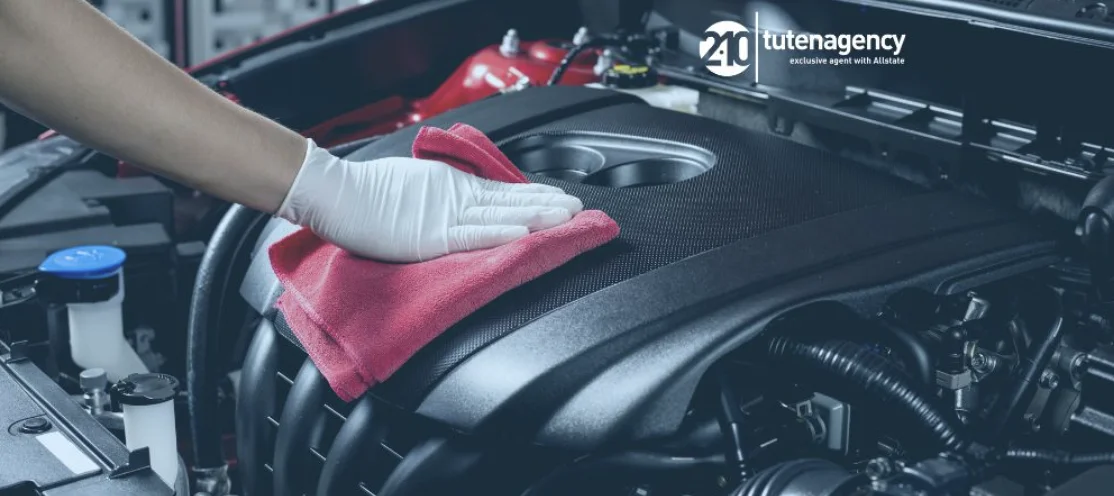Engine cleaning is an aspect of car maintenance that is frequently overlooked. Many car owners may not consider it necessary or even be unsure of its benefits. However, just like regular oil changes and brake checks, cleaning your engine can be crucial to your vehicle’s overall health and efficiency. Engine cleaning is divided into two main types: internal and external. Both types of cleaning serve important functions and can help extend the life and performance of your car.
Internal Engine Cleaning
Over time, oil and fuel deposits build up in your buildup’s internals, hindering its performance by clogging up important components and reducing efficiency.

Why Clean Internally?
Internally, the engine faces issues such as deposit buildup in fuel injectors, leading to decreased buildup and increased fuel consumption. Cleaning these deposits is crucial; fortunately, it’s a straightforward process. Using a quality fuel additive with detergent properties can effectively clean out these deposits, usually within a couple of fuel tanks.
-
Preventing Oil Sludge
Another significant internal issue is oil sludge. This thick, tar-like residue can severely hamper your engine’s ability to operate efficiently by affecting oil circulation and heat dissipation. Regular oil changes are your first defense against sludge, but if it’s already a problem, an engine flush can clear the sludge and restore your engine’s cleanliness.
External Engine Cleaning
Cleaning the exterior of your engine might seem purely cosmetic, but it has practical benefits as well. A clean engine can prevent excess dirt and debris from entering the air intake system, improving the air quality your engine relies on to operate.
-
Challenges of External Cleaning
While the benefits are clear, cleaning the outside of your engine does come with challenges. It requires time, effort, and care to avoid damaging sensitive components like sensors and wiring. However, the reward is a better-performing engine and the satisfaction of seeing a clean and well-maintained engine when you pop the hood.
Step-by-Step Guide to Cleaning the Outside of Your Engine
-
Preparation:
Begin by clearing any loose debris from the engine bay. Use a brush or compressed air to remove leaves, dirt, and other material. Next, protect sensitive areas such as electronics and the air intake with plastic bags secured with rubber bands.
-
Warm Up the Engine:
Run the engine for 5-10 minutes. This slight increase in temperature makes it easier to dissolve and remove oil and grease.
-
Apply Cleaner:
Choose a water- or citrus-based degreaser, as these are gentle yet effective at cutting through grease. Spray the cleaner from the bottom up, allowing gravity to help with the cleaning process. Let the degreaser work for a few minutes.
-
Rinse:
Utilize a hose set to a gentle stream setting to wash away the degreaser. It’s crucial to avoid high-pressure sprays that could damage sensitive parts.
-
Dry and Finish:
Allow the engine to air dry for a few minutes using residual engine heat. Then, use a microfiber cloth to dry off any remaining moisture.
-
Optional Shine:
For those who appreciate a spotless engine, apply a specialty engine cleaner or polish for an extra shine. This step, while optional, can provide a finishing touch that makes your engine look brand new.

- Conclusion
- Cleaning your car’s engine inside and out is more than just a cosmetic exercise. It is an essential part of vehicle maintenance that can improve performance, enhance fuel efficiency, and prevent long-term damage. By understanding and undertaking internal and external engine cleaning, car owners can ensure their vehicle remains in peak condition, ensuring reliability and prolonging the car’s life. Regular maintenance, including engine cleaning, is not just about upkeep but about maximizing the investment in your vehicle.
- FAQs
- How often should I clean the inside of my engine using additives?
- Generally, using a fuel additive to clean the inside of your engine can be done every 3,000 to 5,000 miles or as recommended by the additive manufacturer or your vehicle maintenance guide.
- Can engine cleaning improve my car’s resale value?
- Yes, regularly cleaning both the internal and external parts of your engine can help maintain the vehicle’s overall health, which can positively affect its resale value by showing potential buyers that the car has been well-maintained.
- What should I do if my engine starts making noise after cleaning?
- If your engine starts making unusual noises after cleaning, it’s important to check whether all components are dry and properly assembled. If the noise persists, consult a professional mechanic as water might have entered sensitive areas.
- What are eco-friendly alternatives for engine cleaning?
- Opt for biodegradable, non-toxic cleaners and water-based degreasers. These products are effective at cleaning and are better for the environment compared to chemical-heavy alternatives.
- Get the right coverage for your car with tutenagency
- New tutenagency customers?
- Quote auto insurance online or call (334) 502-5111 to insure your vehicle.
- Legal Disclaimer: ADVERTISING MATERIAL ONLY. Do not rely on this site or this article for legal or financial advice. The information provided on 210agency.com is strictly for educational purposes and to provide you with general educational information. Since state laws and financial regulations are subject to change, please schedule an appointment with an attorney or qualified financial advisor in your area to further discuss your personal situation. This public information is neither intended to, nor will it, create an attorney-client or financial representative relationship.

